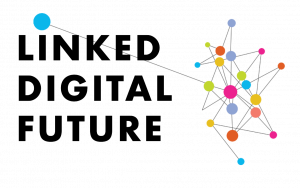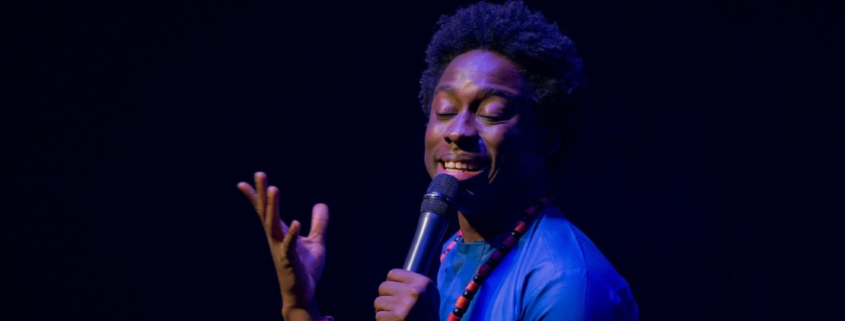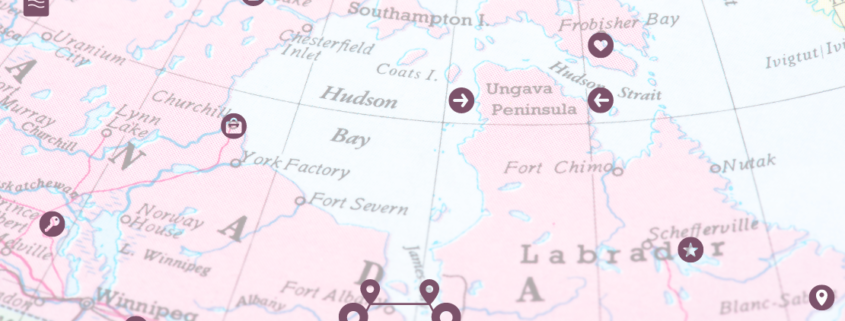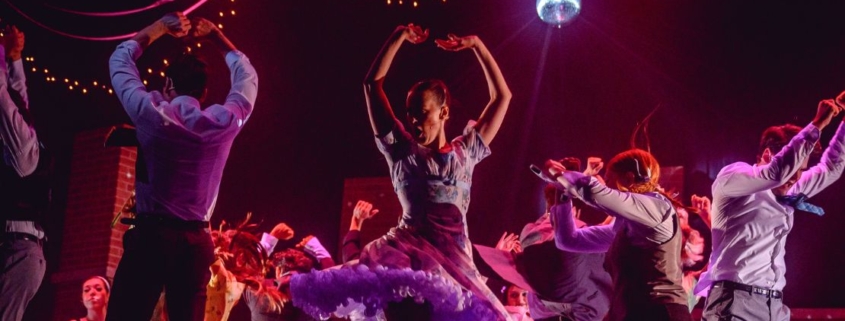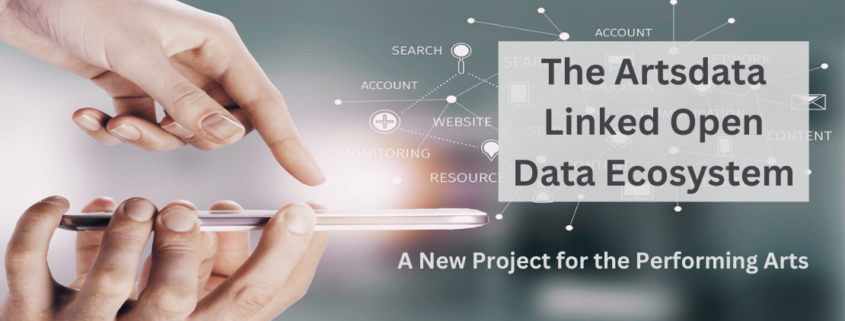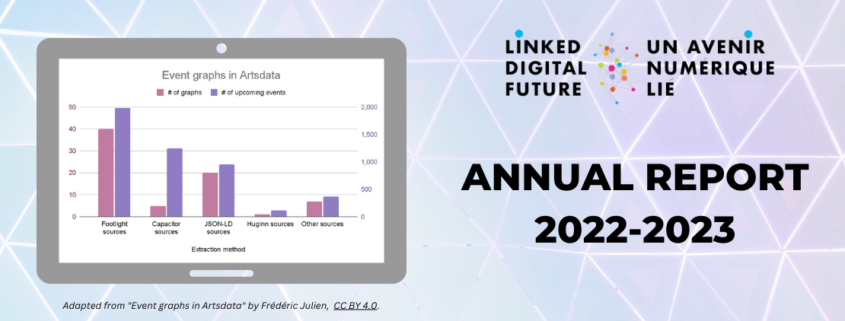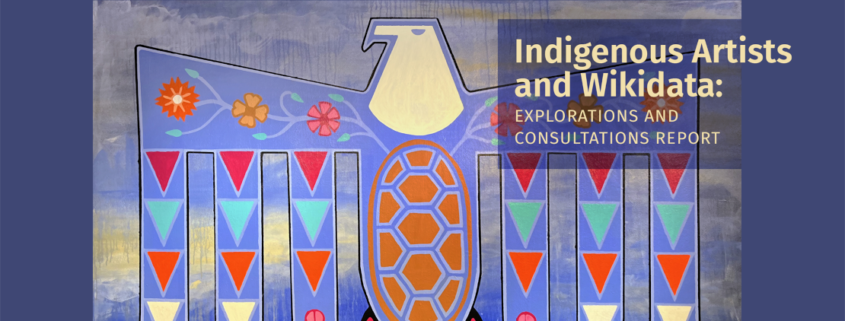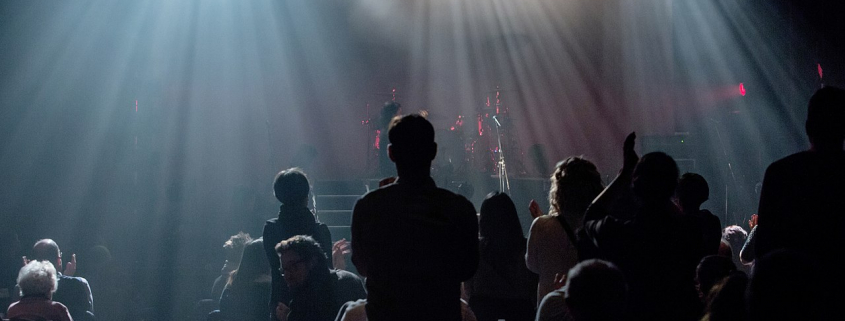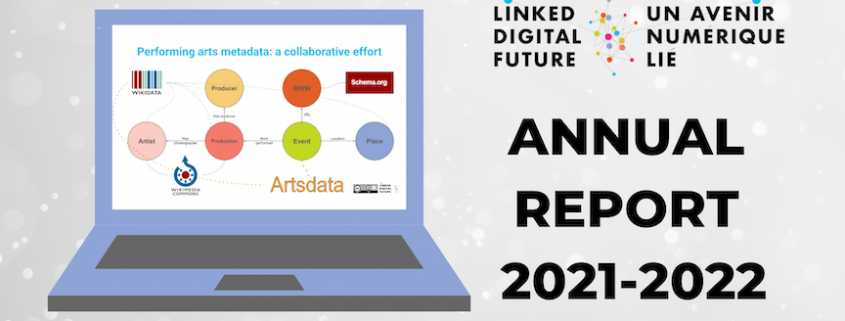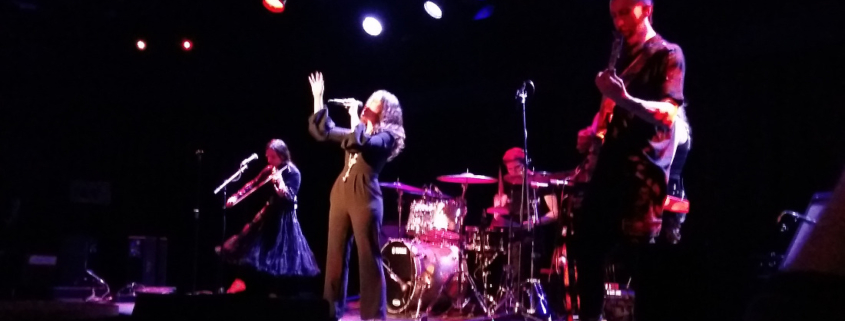I Want To Showcase partners are proud to announce a new initiative that will contribute to the streamlining of the entire live performance value chain.
As of this fall, IWTS is rolling out a new Open Data Policy. This policy gives solo artists, bands and artistic companies the opportunity to transform their IWTS performer profile information into publicly available open data, in partnership with the Artsdata knowledge graph.
Read more